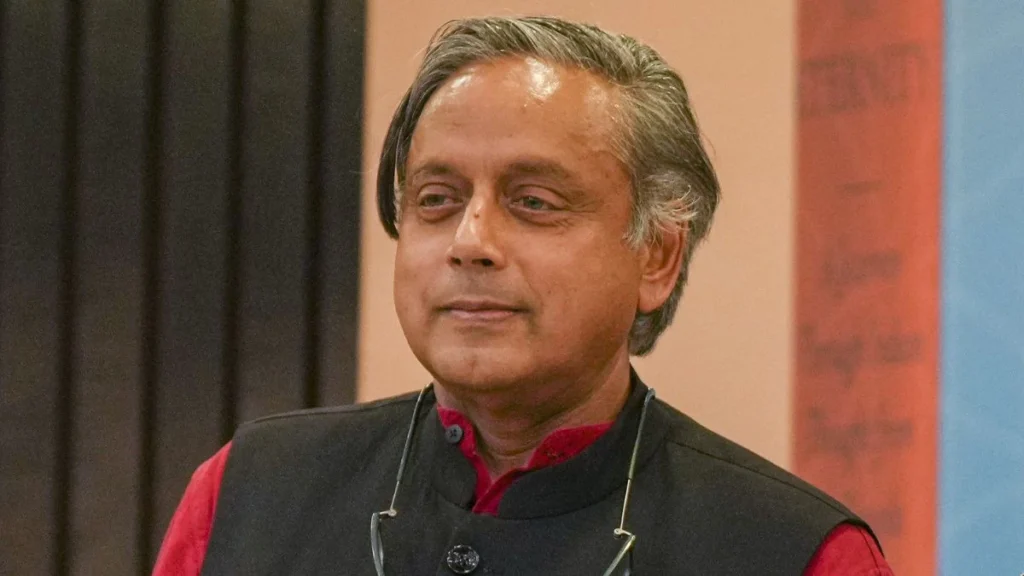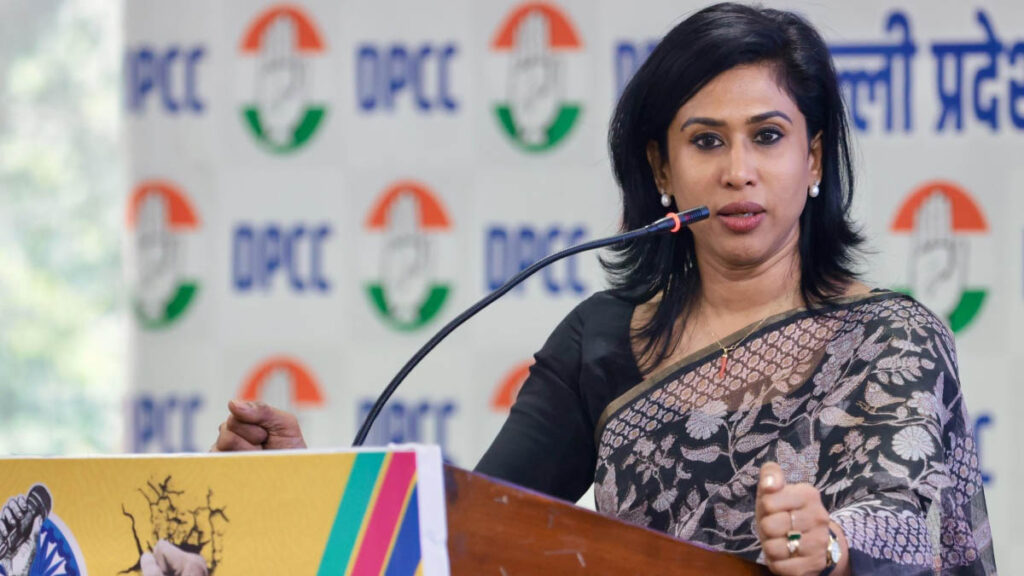Why Did Shashi Tharoor Criticize Kerala’s Aid to Turkey?
The Kerala government announced a Rs 10 crore financial aid package to support earthquake relief efforts in Turkey. This humanitarian gesture, presented in the state budget by Finance Minister K N Balagopal, was aimed at providing timely assistance following the devastating earthquake in Turkey. However, Congress MP Shashi Tharoor recently criticized this aid, labeling it “misplaced generosity” due to the strained diplomatic relations between India and Turkey. Tharoor’s objections stem from Turkey’s open backing of Pakistan during the recent military operation in Jammu & Kashmir, which involved significant security concerns for India.
Following a catastrophic earthquake in Turkey in early 2023, Kerala’s state government decided to extend financial support to assist relief and rehabilitation efforts. The aid was framed as a humanitarian act, reflecting solidarity with a nation facing a severe natural disaster. The decision was made in the context of global humanitarian responsibilities, without overt political considerations at that time.
Why does Shashi Tharoor call this aid “misplaced generosity”?
I hope the Govt of Kerala reflects on its misplaced generosity, after seeing Turkey's behaviour two years later! https://t.co/NSaZij9eaE
— Shashi Tharoor (@ShashiTharoor) May 23, 2025
Not to mention that the people of Wayanad (just to take one Kerala example) could have used those ten crores far better....
Tharoor’s criticism is rooted in the deteriorating diplomatic relationship between India and Turkey, especially after Turkey’s vocal support for Pakistan during India’s Operation Sindoor in April 2025. This military operation was India’s response to a terror attack in Pahalgam, Jammu & Kashmir, which caused the deaths of 26 civilians. Turkey not only supported Pakistan diplomatically but reportedly supplied military equipment such as drones, which heightened tensions. Against this backdrop, Tharoor argues that Kerala’s financial aid to Turkey sends a conflicting message and undermines India’s national interests, making the aid appear misguided and politically insensitive.
And Yes, Tharoor points out that the Rs 10 crore allocated to Turkey would have had a more meaningful impact if used for local development and disaster relief within Kerala itself. He cites Wayanad, a district in Kerala that suffered devastating landslides killing over 250 people, as a prime example of where funds are urgently needed. Tharoor’s view is that Kerala’s priorities should focus on domestic issues and supporting its own vulnerable populations rather than extending aid to a country whose current foreign policy stance conflicts with India’s interests.
What does this mean for future India-Turkey relations?
The Indian government has taken firm diplomatic and economic measures following Turkey’s backing of Pakistan in the Jammu & Kashmir conflict. One notable action was the revocation of operational clearance for the Turkish aviation firm Çelebi at Indian airports, citing concerns over national security. This move indicates India’s willingness to recalibrate its bilateral relations with Turkey in response to geopolitical developments.
Yes, Indian trade bodies have called for a boycott of Turkish goods and services, signaling a wider economic disengagement that goes beyond diplomatic gestures. This boycott aims to exert pressure on Turkey by limiting bilateral trade and reducing economic ties. The growing strain affects not only governmental relations but also business and consumer sentiments, further complicating future cooperation between the two countries.
The current scenario reflects a significant setback in India-Turkey relations. Humanitarian gestures like Kerala’s aid are now viewed through the prism of geopolitical rivalry and national security. With rising diplomatic tensions and economic actions underway, both countries face a challenging road ahead in rebuilding trust and cooperation. India’s stance signals a prioritization of national security and strategic interests over goodwill aid in the present context.





















